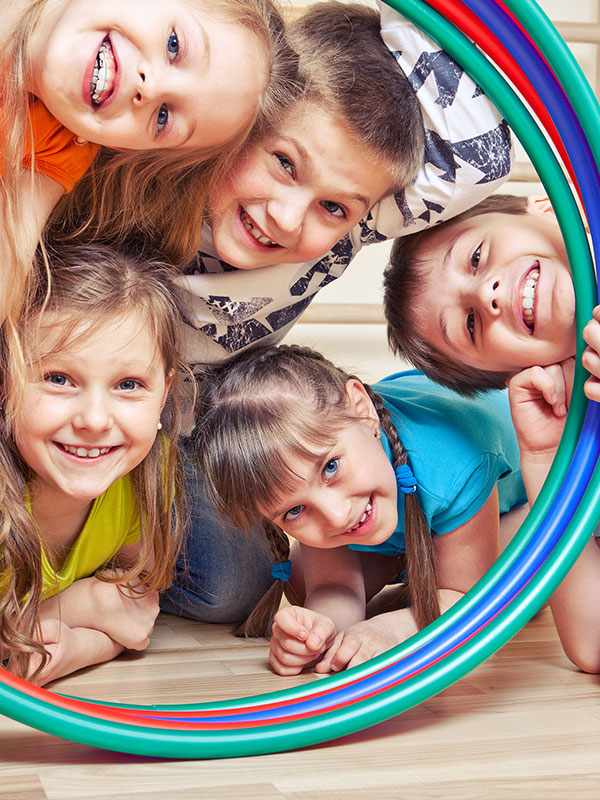Life Skills Program
Growing up isn’t an easy process for anyone. We search for ways to feel good about ourselves. We want to be liked by others. We need to learn how to talk to people and not seem like a total idiot. We struggle to find a way to overcome fears and master our anger so that we can live at peace with ourselves and the people around us. We want to find solutions to the conflicts and hassles of everyday life. We need to succeed in these efforts if we are to become confident, effective people.


How do we teach “Life Skills”?
At our clinic, we offer online, webinar programs in which we teach essential life skills to children from the 4th grade through high school. We group children by age, with separate programs for 4th and 5th graders, middle school, and high school students. In each class, we describe the skills to be learned, show demonstrations of each life skill, and give students and their parent or guardian the chance to practice them at home. We also include a game activity for the families to play at home that centers on the theme of the lesson. A lot of our families will invite other families to join them at home so that their kids have the chance to practice skills with kids from their neighborhood, school, scout troop, church, or sports team,
What will you and your child learn?
To give you an idea of what we teach in each class, here is a list of the “learning goals” for the program.
How do I register for the Life Skills Program?
The easiest way for you to register is to visit our store. There you will be guided through the enrollment process. As part of your registration fee, you will be given access to the class worksheets which contain the exercises and skills that we will be teaching in each class. If you sign up for the program but are unable to attend any of the “live” webinar classes, you will be able to view recorded versions of the class at your convenience. You can also email our clinic between classes if you have any questions or concerns that need to be addressed before the next class. Our Assistant Director, Donna Monastra, LMSW, will also be available to you to answer questions that you may have. Phone: 607-785-0400.
